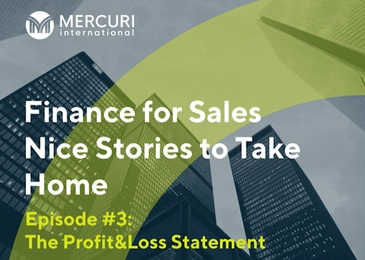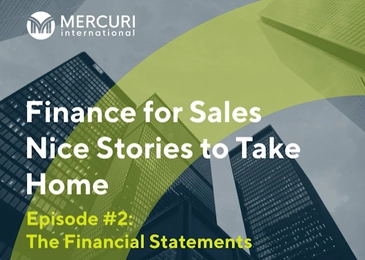Steve wound up his presentation with a flourish. “Just that my second name isn’t Jobs” he told himself. “But otherwise I came fairly close to the maestro”.
To be fair to Steven, his project presentation to the CEO and the senior leadership had a Jobs-like colour and energy. The slides were brilliant and minimalist. There were arresting videos too, hyperlinked to the slides. Steve took a couple of questions that he responded to in detail. The CEO said nothing. Smiling, she thanked Steve. And as the evaluation group trooped out, she gestured to the CFO and Head HR to stay. “Please ask Precision Consulting to study the work done by Steve and his team and make fresh recommendations” she said to the CFO “That will set back the project by a few weeks and I will have some explaining to do to the Board. But I will handle that”. Turning to Head HR, she asked “Can’t you get our people to make meaningful presentations?” “Shall we run them through a high end program on creative use of Power Point?” enquired the HR Head. The CEO didn’t hide her impatience. “It is much more than Power Point” she exclaimed.
What could she have meant?
Presenters and Master presenters
Meetings, presentations and power point. Your tickets to success? Or corporate karma? It is entirely what you make of them. A ten-minute presentation can transform a bright idea into a brilliant reality and bring life altering success. It can also deliver death by power point.
Your next big deal closure could be just a presentation away. That’s no surprise, as research reveals that people who can speak, listen and interpret better are more influential than their peers who cannot. The skill to craft a compelling presentation and deliver it for high impact can be a huge differentiator. It is easy to see why:
- Dropping attention spans – A wealth of information has created a poverty of attention. It’s a constant challenge to sustain the interest of time starved audiences.
- Rising competition – Heightened competition within and outside organisations demands ability to present well-crafted solutions with confidence and verve.
- Packaging influences decisions – Leaders decide basis facts andthe way they are packaged and presented.
- Changing employee expectations – Employees are inspired by leaders who persuade, motivate, energize and influence.
Master presenters are made, not born. Wanting to do well and enjoying it, are all it takes. Like everything great, it needs a healthy mix of competence, anxiety and practice to make a compelling presentation. Here are 6 practices that can transform you into a master presenter.
6 practices to make you a master presenter
- Self-awareness –Understand your personality and build winning strategies around your strengths.
- Preparation and practice – Behind every powerful presentation, is tireless effort. Here are some pointers to invest your efforts right: Pick your content with audience and objective in mind. Structure neatly. String it with sign posts to make the flow seamless. Effective speakers share 3 – 5 arguments to support their story line and key messages.
- Personal projection – Words alone do not communicate, say studies. Messages picked up in communication follow a fascinating break up – Verbal communication – 7%, Voice – 38% and Body language – 55%. How can you put this to use? Watch your decibel quotient and practice to make your voice deep and resonant. A positive, cheerful tone is pleasant to listen to and has been shown to improve attention levels. Vary your speed of delivery and pause, where required, to build cliff hangers. Charge your posture, eye contact, facial expressions, hand movements and body language with energy and confidence. Impact is guaranteed.
Personal projection is about three critical connects:
• Energy connect – Built with body language.
• Emotional connect – Through shared feelings and empathy.
• Intellectual connect – Substance beyond form, the real content. - Presence – This is the aura of confidence and poise a master presenter exudes, even under pressure. It is a personal magnetism born of speaking skills, assertiveness, ability to read an audience or situation, credibility, clarity and conciseness. If that sounds beyond reach, it is good to remember you can get there one step at a time. Stay focused on building your knowledge and skills in presenting to audiences. Draw on your unique talents and gifts. You will grow in competence and feel both self-assured and serene. Add to this mix a dash of personal reflection, practice and coaching from an established master. You have a winning recipe to cultivate your own personal presence.
- Story telling – Learn by listening to storytelling sessions. Watch the way good story tellers modulate their voice and use direct speech to weave magic. Use of parables and stories to engage, convince, evangelize or simply make audiences laugh or cry is an ancient art that goes back to the dawn of humanity. It is a skill that can sway business audiences too.*
- Simplicity – Be direct and uncomplicated in your thought process and judicious in your choice of words. Communicate in an easy-to-understand language. Cultivate strong domain knowledge, hone your communication skills, respect your audience and their intelligence and listen keenly. Simplicity follows. It takes years of intelligent effort to be simple. And simplicity wins trust of audiences.
In the light of all this, why do you think the Steve in our story was not Jobs?



